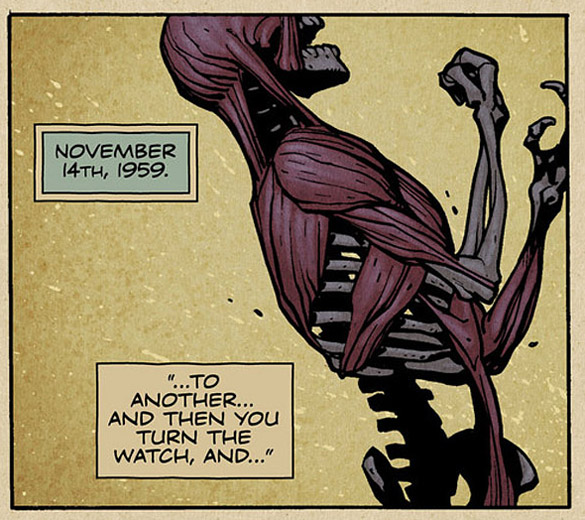I read the synopsis and it sounded great, then read how it was supposed to be lethargic to terrible.
So I watched it and....yeah, the actor playing Cobb is not so great. his daughter is very good. And the episode reminds me how I was much too hard on Enterprise when it first came out. I like the slow pace. I like the low lighting.
As usual, I like how hard it is to do basic things that are taken for granted in TNG time.
I'd give the episode 2 1/2 to 3 stars.
So I watched it and....yeah, the actor playing Cobb is not so great. his daughter is very good. And the episode reminds me how I was much too hard on Enterprise when it first came out. I like the slow pace. I like the low lighting.
As usual, I like how hard it is to do basic things that are taken for granted in TNG time.
I'd give the episode 2 1/2 to 3 stars.


 ).
).